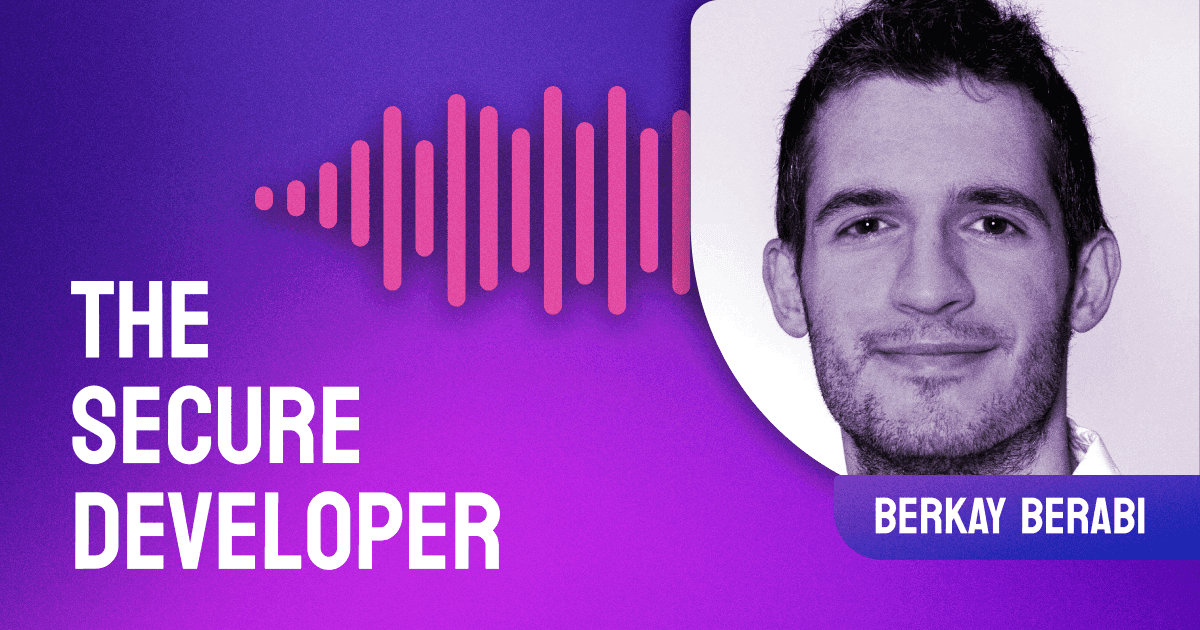Episode Summary
In this episode of The Secure Developer we're joined by Brian Vallelunga, Founder and CEO of Doppler, to discuss the importance of secrets management in modern application development. Brian shares his journey in creating Doppler, a secrets manager designed for developers and DevOps teams, and highlights the challenges organizations face in managing sensitive data such as API keys, database credentials, and certificates. The conversation explores best practices for secure secret storage, the need for industry-wide adoption of secrets rotation, and the potential impact of AI on the future of secrets management and identity-based authentication.
Show Notes
In this insightful episode of The Secure Developer, we sit down with Brian Vallelunga, Founder and CEO of Doppler, to dive deep into the critical topic of secrets management in modern application development. Brian shares Doppler's unique founding story, which began as a crypto machine learning marketplace but pivoted to address the pressing need for effective secrets management solutions.
Throughout the conversation, Brian and Danny explore the challenges developers and organizations face when managing sensitive data, such as API keys, database credentials, and certificates. They discuss best practices for secure secret storage, emphasizing the importance of encryption, seamless integration with developer workflows, and creating a positive developer experience.
The discussion also touches on the industry's struggle with secrets rotation and the need for standardization across providers to enable effective rotation strategies. Brian and Danny consider the potential role of compliance requirements, such as SOC 2, in driving the adoption of robust secrets management practices.
Looking to the future, the pair explores the impact of artificial intelligence on secrets management and the potential shift towards identity-based authentication. They envision a world where AI agents dynamically provision infrastructure and manage the connections between various services, with secrets managers facilitating seamless authentication.
Tune in to this engaging episode to gain valuable insights into the evolving landscape of secrets management and discover how industry leaders like Snyk and Doppler are working to secure the future of application development.
Links
- Twilio
- Stripe
- Nullify
- Vercel
- Kubernetes
- Amazon Web Services
- GitHub Copilot
- Magic
- Snyk - The Developer Security Company
Follow Us





